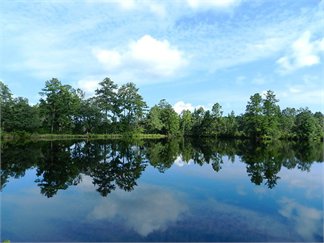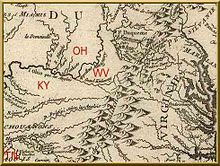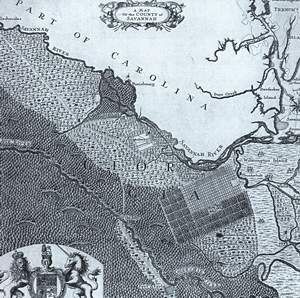Bulloch County Wills, Estates, Marriages
Bulloch County was created from Bryan and Screven counties in 1796 by an act of the General Assembly. It was named for Archibald Bulloch, the first provisional governor of Georgia (1776-1777). Portions of Bulloch County were used to create Jenkins County (1905), Candler County (1914), and Evans County (1914). Researchers of Bulloch County should also research Chatham County.
Find your Ancestors in the Georgia Bible Records

Probate Records
- Images of Miscellaneous Estates from 1795 to 1807
- Images of Lunacy Records from 1899 to 1945
- Images of Inferior Court Minutes 1812-1835
Note: Genealogists should always research the Minutes of the Inferior Court. This court kept daily entries of its business, from the mention of a will or estate having been filed to those men over 21 years of age delegated to work on the roads. It is essential if other records do not survive, and a careful reading will reveal exciting details.
Probate Records available to Members of Georgia Pioneers
- Wills 1854-1861 (abstracts)
- Marriages 1796-1850 plus the General Index 1795-1900
- Minutes of Upper Black Creek Church, Brooklet, 1832 members
- Ordinary of the Probate Court of Bulloch County
- Sheriffs of Bulloch County
- Clerks of the Court of Ordinary of Bulloch County
Indexes to Probate Records
- Inventories and Appraisements 1795-1900
- Annual Returns (1795-1900)
- (1795-1900)
- Marriages (1795-1900)
- Miscellaneous Estate Records (1795-1900)
- Receipts from the Heirs and other principals to the Estates
Images of Miscellaneous Wills and Estates
- Deloach, John. LWT 1888
- Wright, William, Estate, 1843
Military Records
- 1863 Georgia Militia. Lists names of those who served, where born, and ages from 16 to 50+. This is where to find elusive members of the families!
Traced Genealogies of Bulloch County Families
- Hodges
- Lastinger
- Lee
Elusive Ancestors
By Jeannette Holland Austin
To establish facts for elusive ancestors when the records are seemingly void of information is tough. One solution is to research around the facts and thus eliminate persons in that generation. We need to know who is who and add them to a family group sheet regardless of whether or not they are directly related. This process documents a family and eliminates them. First, locate your ancestor’s surname in nearby counties and states. Then search courthouse records, viz: deeds, wills, tax records, estates, etc., and establish the facts for each person. Next, complete a family group sheet on that family, noting the sources you used. Proceed accordingly on all questionable families, thus identifying each person of the era and location. Third, examine each family group sheet. Look for nicknames. For example, Betsy, b. ca 1757 could be your Elizabeth, b. 1759. Fourth, once everyone is identified, you have a number of loose persons for whom you need to discover more information. Try to trace that person so that he may be either identified or eliminated; use marriage records, estates, etc. In the earliest pioneering days, the eldest son inherited the farm while others entered other acceptable occupations such as physicians, ministers, etc. This took them away from their home place. In other words, erase confusion by identifying and eliminating all families in prescribed areas having the same.


The Path to Discovery of Truth = Independent Research
Independent research is a unique method of locating truthful accounts, via old courthouse records, census, military, cemeteries, etc. The documents help clarify the difference between actual occurrences and family stories.
Finding Colonial Ancestors in Georgia
The primary research tool for the first settlers to Georgia is the Colonial Records of Georgia by Candler. As a result of this voluminous record, the biographies, and genealogies of all of the first settlers are found on Georgia Pioneers in the Colonial Category. I am interested in what happened to the first voyagers; therefore, the biographies are records of the first settlers and their families and include the names of ships and passengers, civil servants, baptisms, and deaths. The first settlers went to Savannah.
